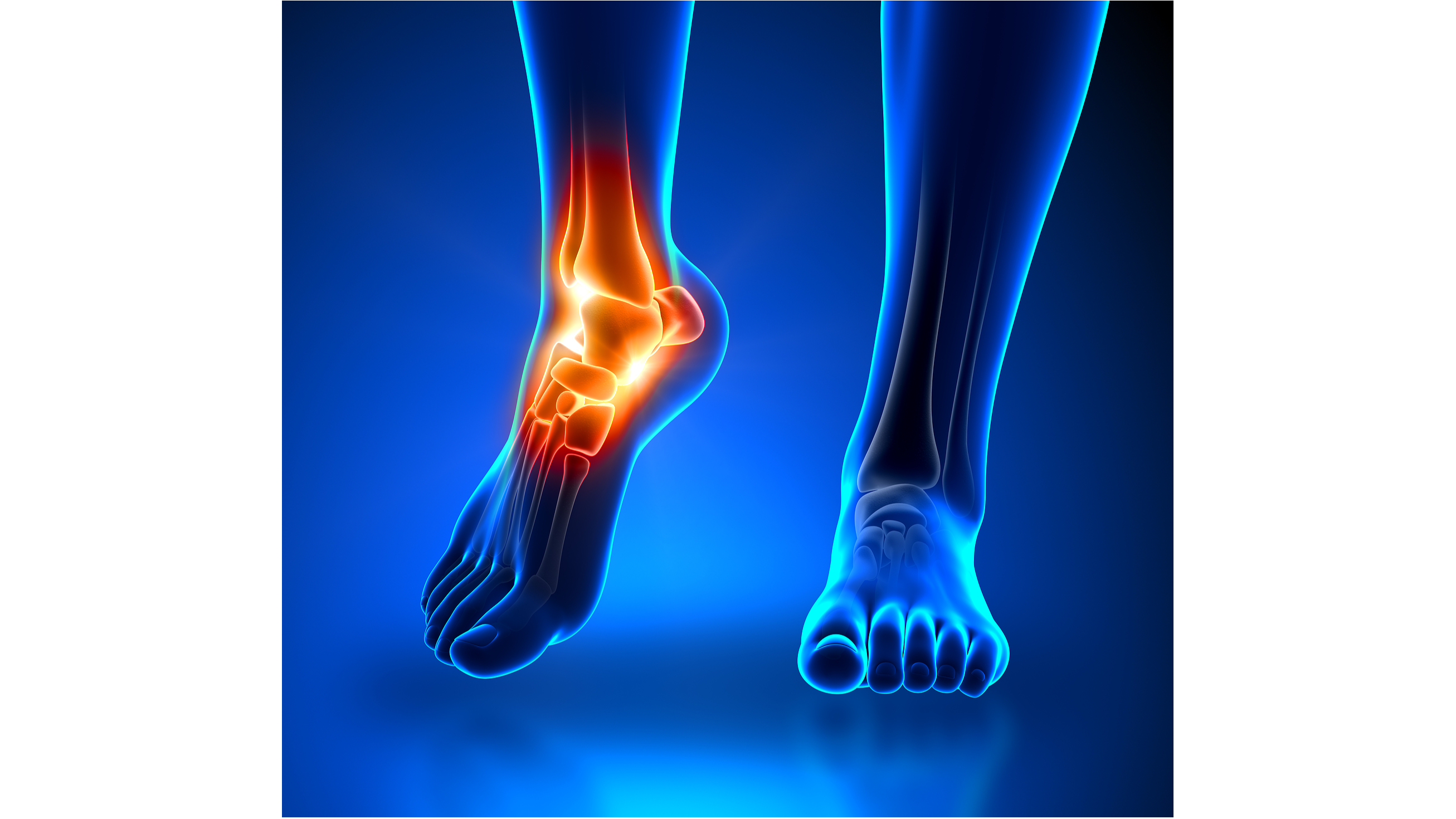Support Your Joints As You Age With These Proven, Easy Nutritional Strategies
If you are concerned about your joint health, Valleant wants to offer you some guidance on the best ways to stay healthy and mobile as you age.

Understanding Joint Health
Did you know that 1 in 5 people will be diagnosed with some form of arthritis in their lifetime? It's true, the condition is incredibly common, but for those who suffer from it, it can pose major challenges in many areas of life. Mobility, mood, and overall wellness can all be impacted by the disease, which is why prevention and management strategies are so important.
Curious about how you can lower your chances of getting arthritis? Visit https://valleant.com/how-to-keep-your-joints-healthy-as-you-age/
Even if you are not experiencing any symptoms of joint degradation, if you are over the age of 45, it is vital that you consider your joint health a top priority. But what are the best ways to support your joints and cartilage as you age? This is the key question at hand, and it is one that Valleant is keen to answer.
Valleant is a collective of health professionals who are dedicated to providing high-quality educational material on a range of popular subjects—most recently, joint health. Their guide covers everything you need to know about the topic, whether you are experiencing symptoms or not. Here's an overview of what they had to say.
Why Do Joints Degrade?
Joint health is a notoriously difficult topic, due in large part to the complexity of the joints and the many factors and components that contribute to their healthy functioning. As Valleant explains, the body naturally slows the production of many of these essential components as it ages, further contributing to degradation and making maintenance more difficult.
For instance, joints require synovial fluid for lubrication purposes, a protein-rich solution that carries nutrients like Omega-3 fatty acids to the cartilage. Consuming a diet rich in the key components of synovial fluid, which may include lean protein and fish, can go a long way in supporting the joints and counteracting a slowing metabolism, Valleant suggests.
Move At Your Own Pace
They go on to encourage the adoption of regular exercise routines, but with a caveat: overexertion can place undue stress on the joints, so selecting exercises that are suited to your ability level is crucial in the prevention of further damage. This is doubly true if you have early-stage arthritis, as too little exercise can worsen the condition, while too much can also accelerate the progression of symptoms.
Mental Health = Physical Health
If you are already living with the symptoms of arthritis, Valleant encourages mindful practice, and suggests you seek support from your peers. Light exercise or meditation in a group setting can both ease anxiety about the condition and build connections with those in your life, both of which are essential to maintaining a positive mindset.
Develop Your Treatment Plan
Ultimately, Valleant encourages you to collaborate with a health professional to develop a treatment plan that is suited to your unique situation. Those professionals may recommend products, medications, and therapeutic treatments that are not available on the open market, but which may offer meaningful relief.
Get More From Valleant
This guide joins hundreds of other free healthcare resources on Valleant’s website, all developed and published by their team of in-house experts. They have been in the business of health education since 1990, and still post new guides on a near-daily basis.
To read their comprehensive joint health guide, visit https://valleant.com/how-to-keep-your-joints-healthy-as-you-age/
{video_pr:link}

